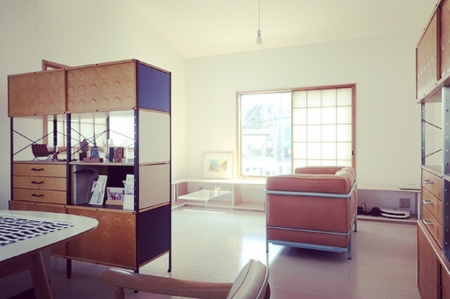価値ある物
人は時を超えて愛着あるものを存続させたいと思う心が必ずどこかに存在するのだろう、断捨離とは真逆である。
そもそも断捨離が良いとは、物を無くすことが目的になっていて、ミニマムに暮らすことはそれだけシンプルに生活と向き合えるから、迷うことなく的確に自分の進みたい方向がわかりやすくなるが、ミニマムと断捨離は全く違い、ミニマムは物を捨てる無くすことではなく、もっと身体的に意識をシンプルにすることで、それは物の有無に関係がない。
愛着ある物を増やすということは消費から遠ざかることを意味しており、生産して消費して、また再生産されるサイクルの外に出ることであり、サイクルの外にいる人だけが価値ある物を手にできるとアレントは言った。
"Valuable things"
There must be somewhere in the heart that a person wants to keep something that he is attached to over time, which is the opposite of decluttering.
In the first place, good decluttering is aimed at eliminating things, and living in the minimum makes it easier to face life, so it is easier to understand the direction you want to go without hesitation, but the minimum Decluttering is completely different, and the minimum is not to throw away things, but to make consciousness more physically simple, regardless of the presence or absence of things.
Increasing attachments means moving away from consumption, going out of the cycle of producing, consuming, and reproducing, and only those who are outside the cycle are valuable. Arendt said he could get it.


